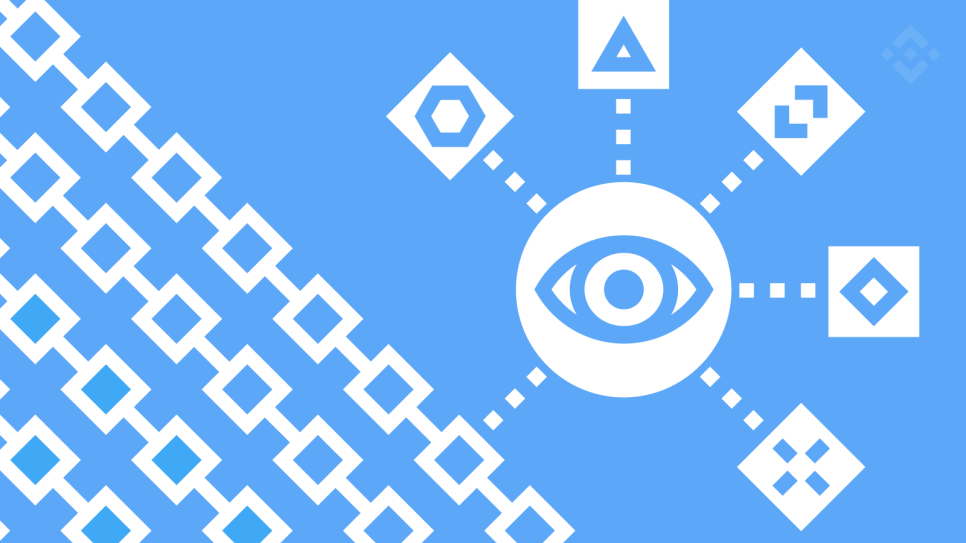We share verified earning schemes daily on Telegram.
In our Telegram channel, you'll find crypto signals, insider info on HYIPs, combo deals for tappers, and coin giveaways. Only verified earning methods without fluff.
Oracles in blockchains are third-party services that provide a connection between external information sources and smart contracts. They are an essential component of blockchain systems and expand the capabilities of smart contracts.
Why are Oracles needed?
Oracles in blockchain systems act as a connecting link. The issue lies in the fact that blockchain and smart contracts can only access data within the network. A blockchain system can be compared to a computer without internet access. They cannot obtain information from the "outside world." This capability is provided to them by an oracle.
Let’s consider an example. Vitaly and Michael make a bet on the winner of Eurovision 2022. Vitaly believes that the representative from Germany will win, while Michael is confident that the singer from Australia will take the victory. The friends make a bet, part of which is locked in a smart contract. The contract’s task is to award one of them the winnings. However, it cannot do this without external information (about who actually won the singing competition). This information is provided to it by an oracle (which, in turn, receives it from a trusted API).
The absence of an oracle in blockchain would make it impossible to determine the outcomes of specific predictions/bets without external intervention. The oracle independently gathers the necessary digital data required for executing the contract.
Main types of Oracles
All oracles can be divided into two main groups:
- Software-based. They retrieve information from other blockchains or external online sources on the internet. This may include data about flight delays, price changes, and more.
- Hardware-based. They obtain information from various sensors installed in specific areas. For example, this could be motion sensors or smart home devices.
Based on how they transmit information, oracles can be inbound and outbound. Inbound oracles transmit information from external sources to a contract, while outbound oracles send contract data outside the system (for instance, when payment for a smart lock is made via blockchain, the contract sends corresponding information to the oracle, which then unlocks the lock).
Oracle Challenges
All these challenges explain why oracles are not integrated into the base layer of major blockchain systems and operate as independent third-party resources. However, even they cannot completely eliminate reliance on oracles—if only because doing so would entirely halt interaction between blockchain and the external world.








Information
Users of Гости are not allowed to comment this publication.